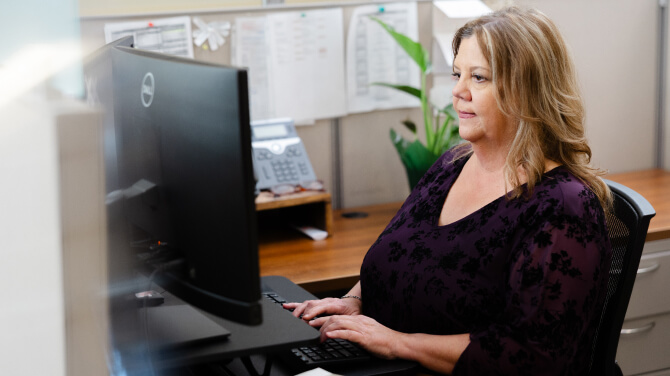Resource Center
All ContentBlogCase StudiesCustomer Success StoriesebooksWebinars- Alyssa Bennett Igo
- February 11, 2026
- 4 min read
Navigating financial challenges of the No Surprises Act
The No Surprises Act has made IDR an ongoing process. Learn how to make it manageable. Read moreMore resources

behavioral health
How PrimeCare Community Health increased same-day documentation by 10%
- 93%Provider utilization of BH encounter plan in June
- 10-15%Provider utilization of BH encounter plan in June
- 10%Decrease in encounters closed after 2-3 days
- Siva Nandivada
- February 27, 2026
- 5 min read
RCM
How AI is solving enterprise revenue cycle complexity
Enterprise billing faces rising denial complexity. Discover how smart solutions are fighting back.
Read more
- athenahealth
- February 26, 2026
- 5 min read
athenahealth products
Customer feedback drives healthcare product innovation
Discover how your voice shapes athenahealth’s newest features designed for clinical efficiency.
Read more- Christine Davis
- February 26, 2026
- 7 min read
AI in healthcare
5 ways your EHR should support clinical efficiency
If you’re not using these 5 tools, you may not be optimizing clinical efficiency. Try these tactics.
Read more
behavioral health
How PrimeCare Community Health increased same-day documentation by 10%
- 93%Provider utilization of BH encounter plan in June
- 10-15%Provider utilization of BH encounter plan in June
- 10%Decrease in encounters closed after 2-3 days
- Siva Nandivada
- February 27, 2026
- 5 min read
RCM
How AI is solving enterprise revenue cycle complexity
Enterprise billing faces rising denial complexity. Discover how smart solutions are fighting back.
Read more
- athenahealth
- February 26, 2026
- 5 min read
athenahealth products
Customer feedback drives healthcare product innovation
Discover how your voice shapes athenahealth’s newest features designed for clinical efficiency.
Read more- Christine Davis
- February 26, 2026
- 7 min read
AI in healthcare
5 ways your EHR should support clinical efficiency
If you’re not using these 5 tools, you may not be optimizing clinical efficiency. Try these tactics.
Read more
behavioral health
How PrimeCare Community Health increased same-day documentation by 10%
- 93%Provider utilization of BH encounter plan in June
- 10-15%Provider utilization of BH encounter plan in June
- 10%Decrease in encounters closed after 2-3 days
Empower your practice

AI powered patient engagement
Learn how AI tools can help improve patient loyalty and outcomes.




